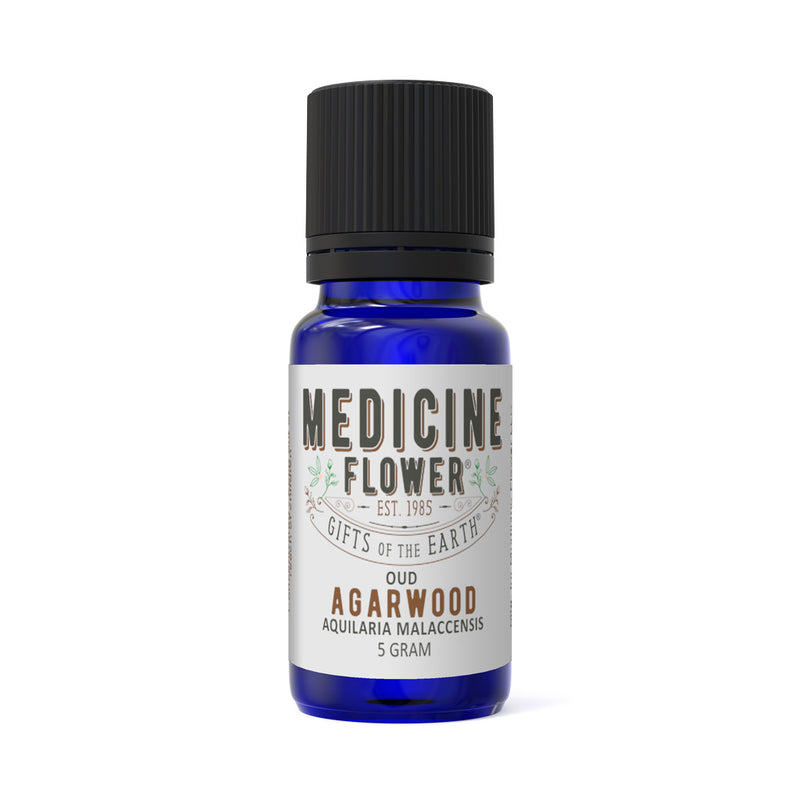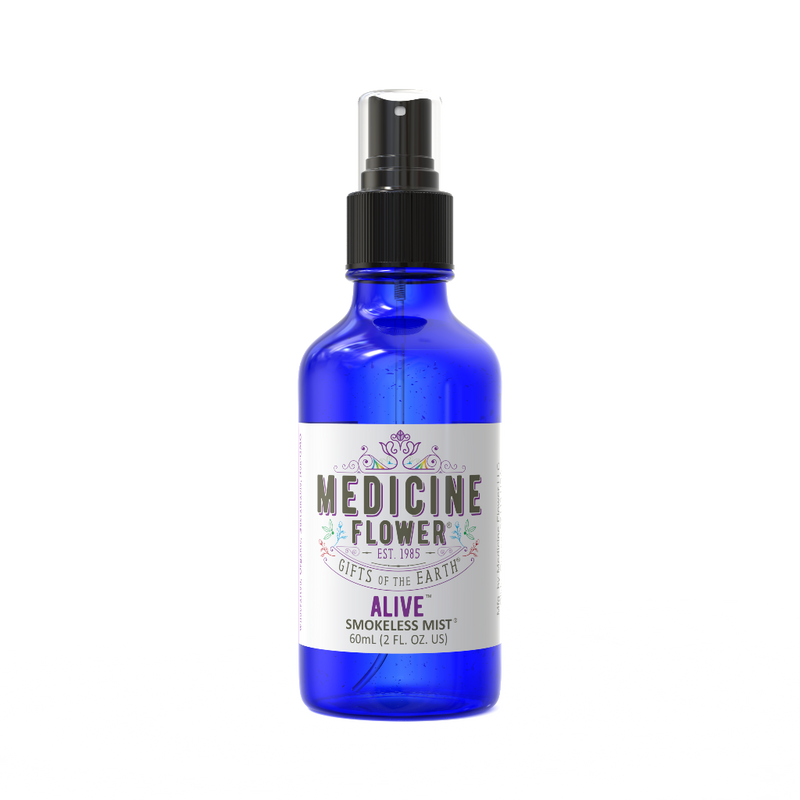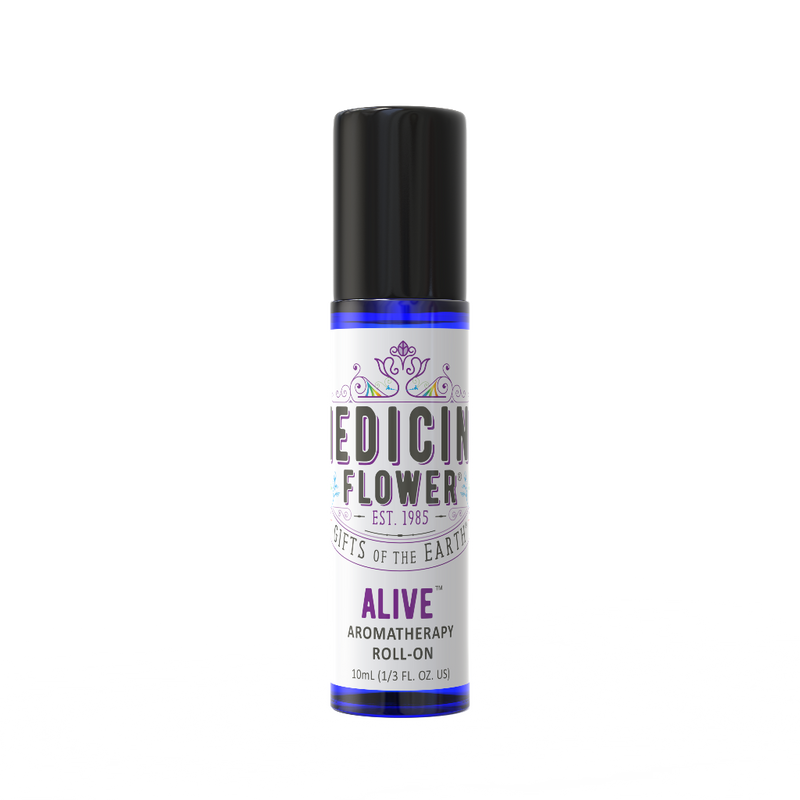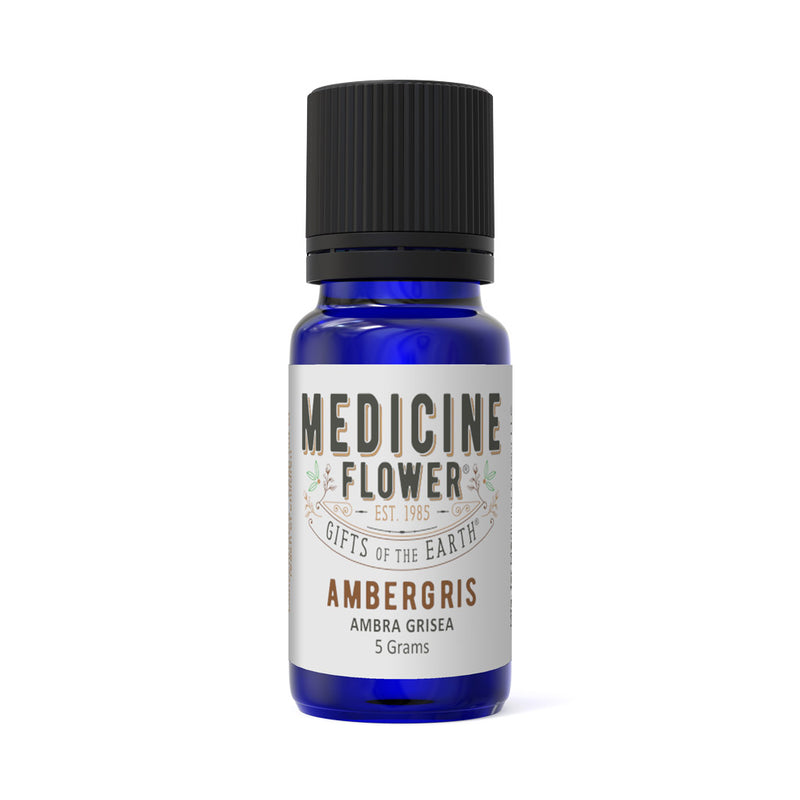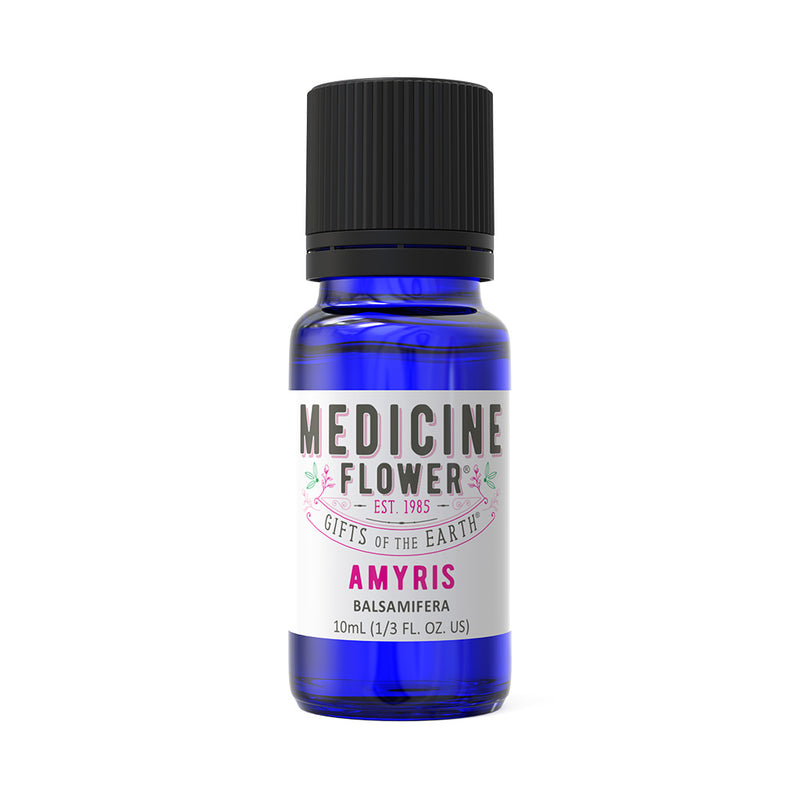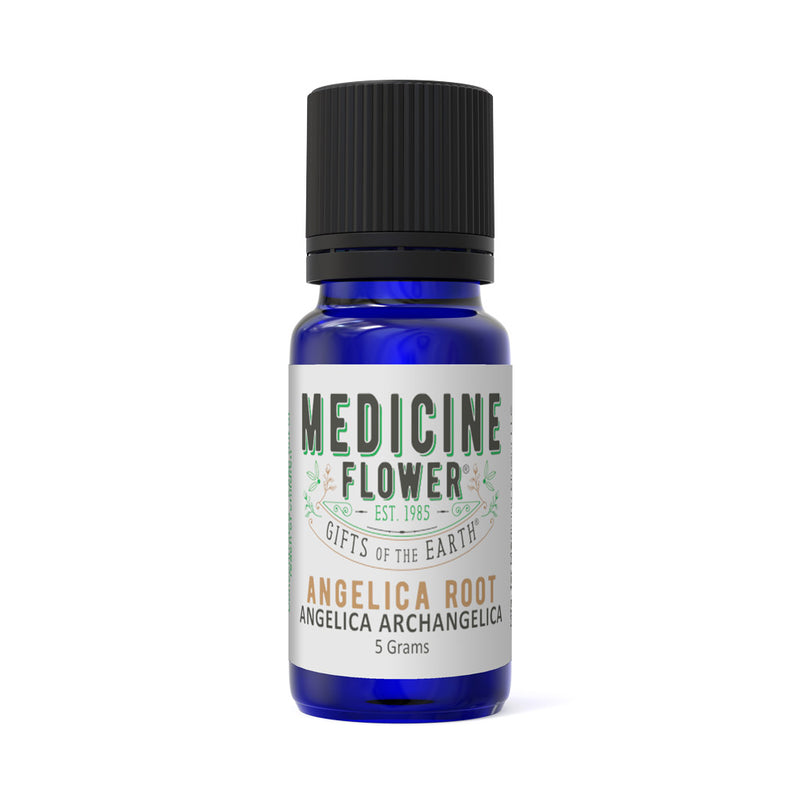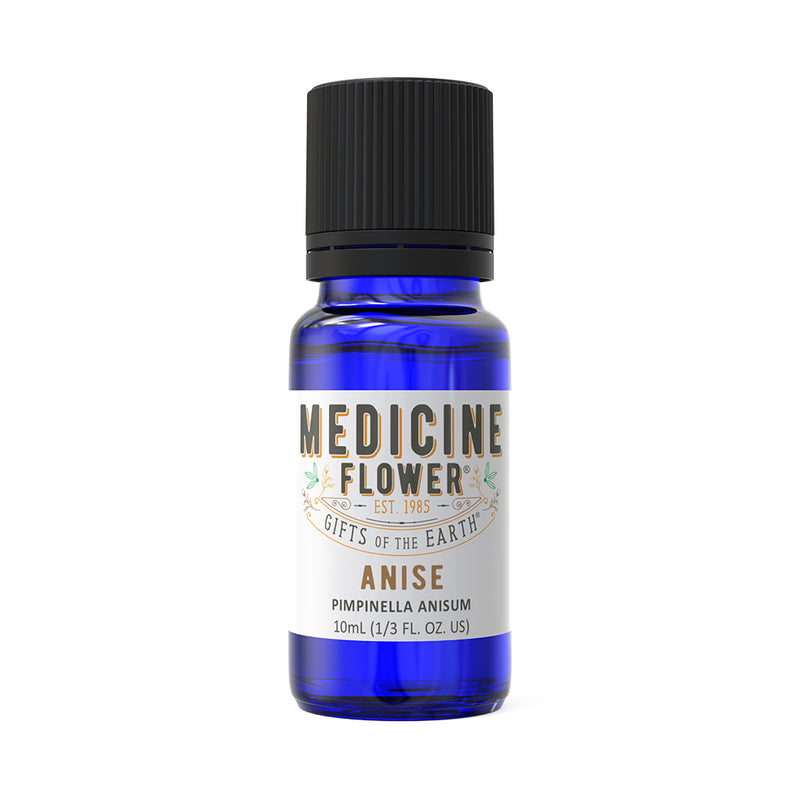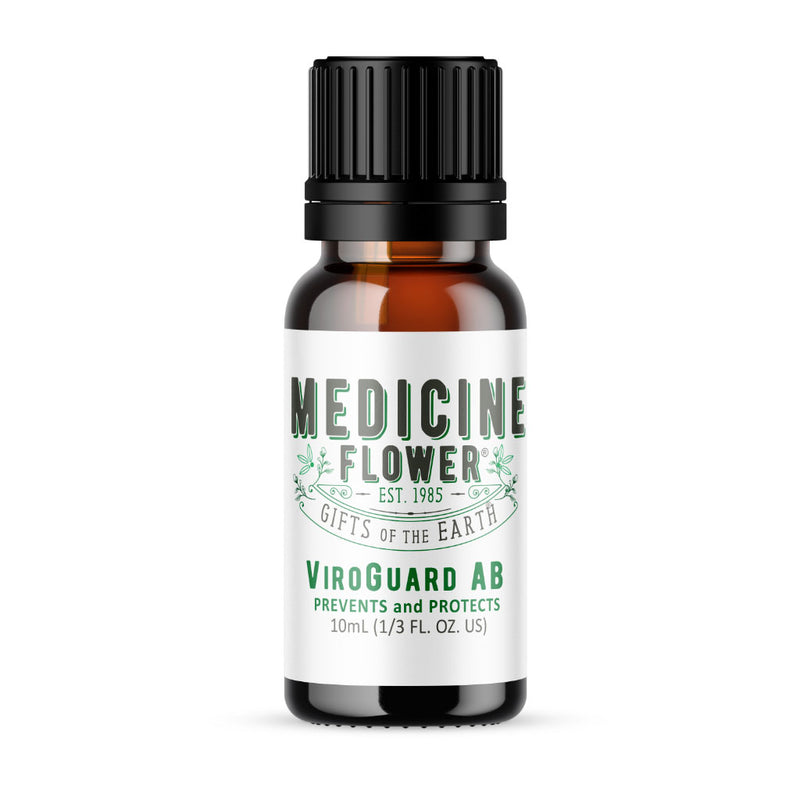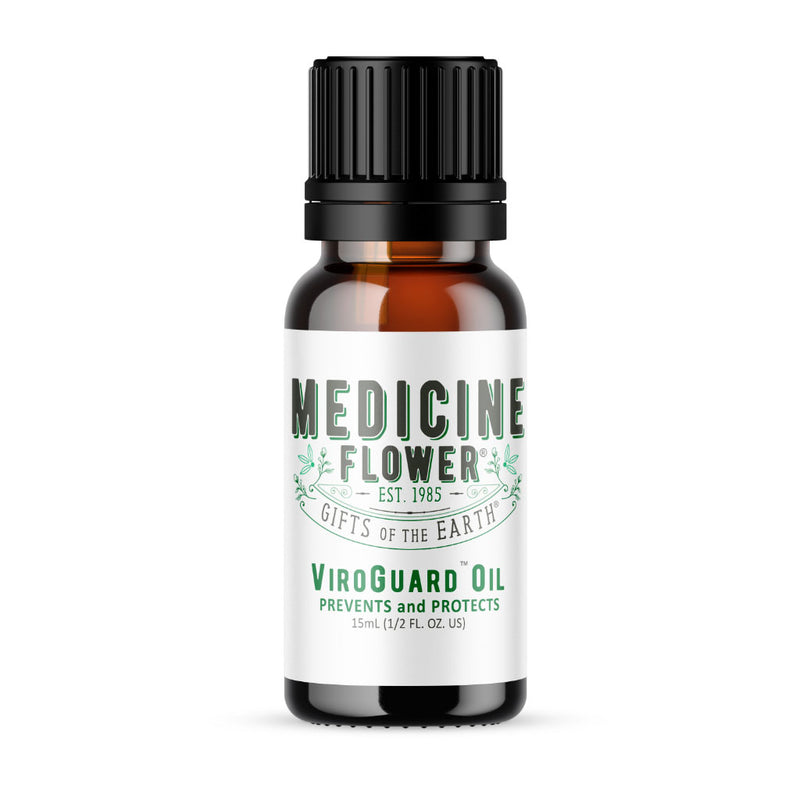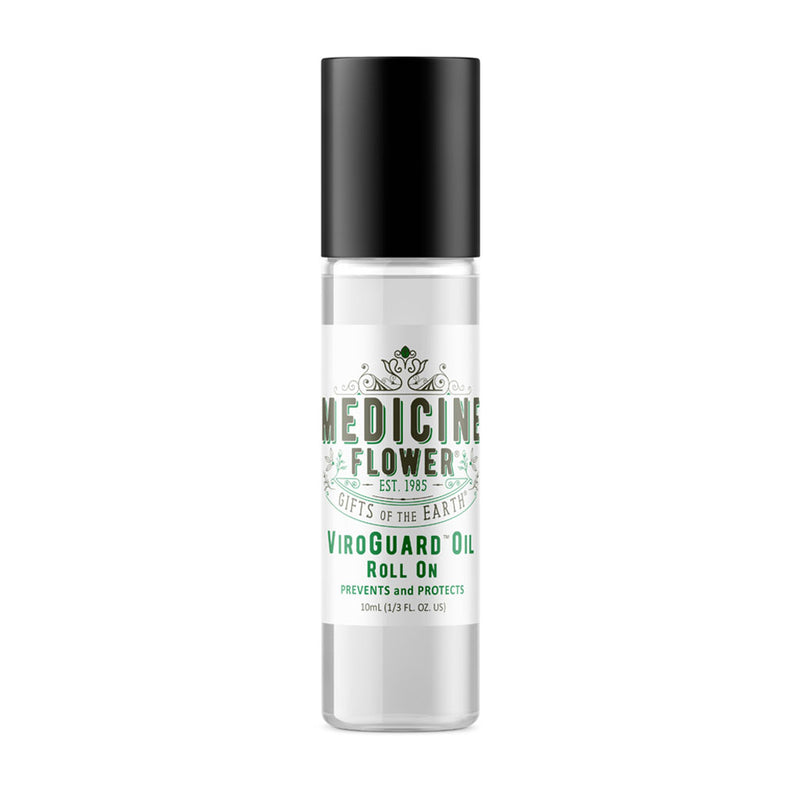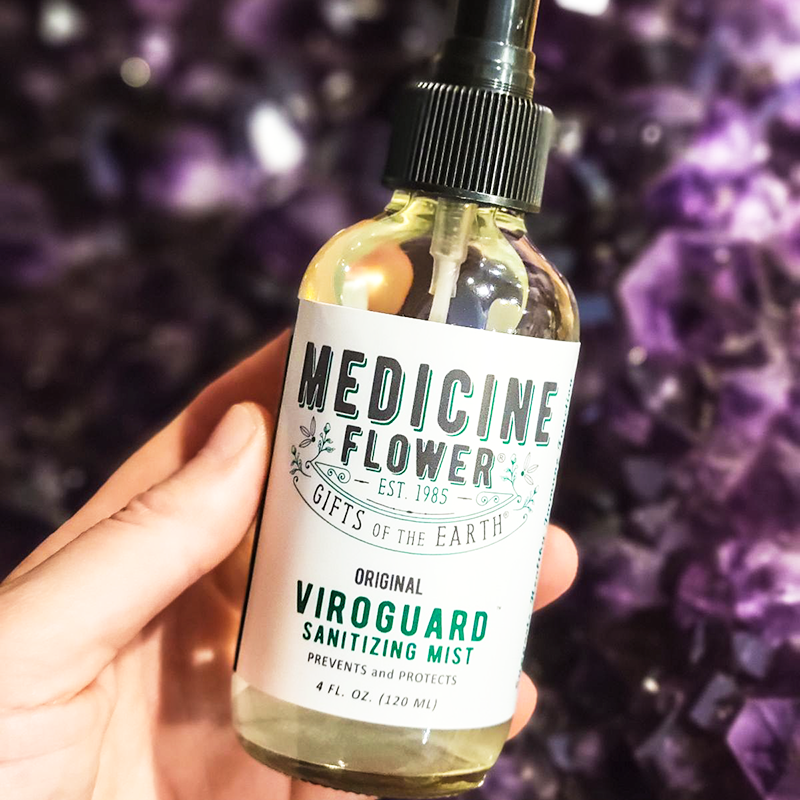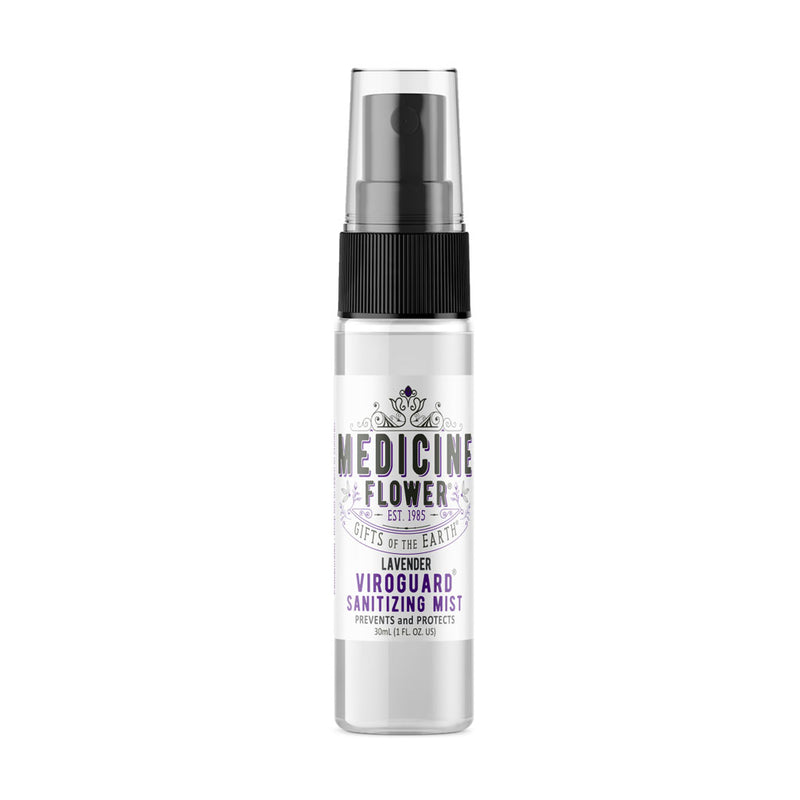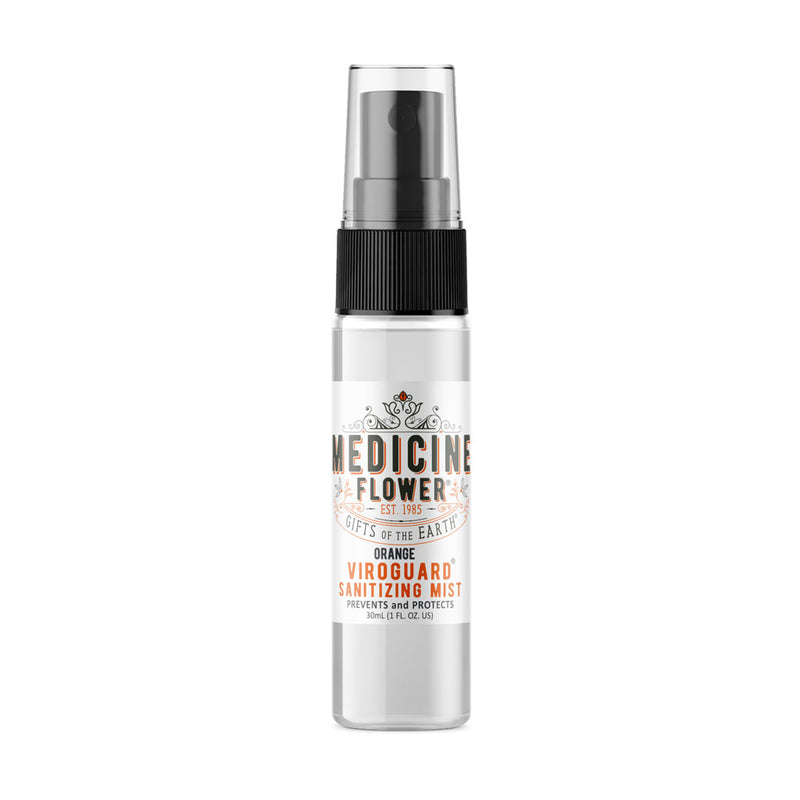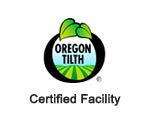Rosemary
-
$11.99
- Brand: Medicine Flower LLC
- Availability: In Stock
Medicine Flower Rosemary Essential OilPrimary Benefits* Helps freshen breath and improve oral health* May help reduce inflammation in joints and muscles for pain relief* Strong properties are known to stimulate blood flow, boosting heart health* Bolsters the defenses of the body’s immune system with antioxidants* Can be used in bodily...
SKU: 14500
Medicine Flower Rosemary Essential Oil
Primary Benefits
* Helps freshen breath and improve oral health* May help reduce inflammation in joints and muscles for pain relief
* Strong properties are known to stimulate blood flow, boosting heart health
* Bolsters the defenses of the body’s immune system with antioxidants
* Can be used in bodily detoxification, helping flush it out and cleanse unwanted pathogens, salts, fats
* Known to aid in digestion, soothing the stomach and gastrointestinal system
Details
Botanical Name: Rosmarinus officinalis
Origin: North Africa, Mediterranean
Plant Part: Flowers and leaves
Aroma: energizing, woody, evergreen, citrus-like, herbaceous scent
Blends Well With: basil, frankincense, sage, thyme, citronella, chamomile, lemongrass, lavender, peppermint, and eucalyptus essential oil
Method of Extraction: steam distillation
Main Chemical Components: carnosic acid, carnosol, caffeic acid and its derivative, rosmarinic acid
Therapeutic properties: analgesic, antibacterial, anticancer, anticatarrhal, antifungal, anti-infection, anti-inflammatory, antioxidant, and expectorant properties
Plant Information
Rosemary (Rosmarinus officinalis) is an evergreen shrub with needle-like leaves and shimmering blue flowers which enshroud the bush belonging to the Lamiaceae family, the same as Thyme, Oregano, and Catnip. We find in the most influential herbal books of history that contributed to our knowledge of the pharmacological properties of herbs, that Rosemary is often regarded with high praises and flattering descriptions. It is strongly beneficial in its numerous biological activities and it’s great nutrient composition amount of vitamins and minerals. Commercially, the entire plant is used for a vast range of applications such as food and food packaging, perfumery, pharmaceutical, and cosmetics industries. In the practices of early medical techniques, the Rosemary plant was widely used for purification and sterilization. During great epidemics of medieval history, the herb was carried in pouches and breathed in to protect against contamination from the dreaded plague. Even as far back in antiquity as the ancient Greeks and Romans we find strong associations to Rosemary, for its mystically revered healing powers. Roman gardens in royal courts nearly always contained rosemary bushes all along the grounds. In ancient Greek academia, students wore garlands of Rosemary around their necks during examinations, as well as braiding it in their hair so as to improve memory. Mentioned even in fantasy and literature, the Shakespearean character Juliet was honored in the story at her burial with rosemary for remembrance. In the classic fairy tale Sleeping Beauty, to wake the princess from her sleeping enchantment her Prince Charming touched her with a rosemary sprig, brushing it over her cheek. Just like in folk medicine, today we find many uses for it and ways it may boost your health by improving mental focus and memory, strengthening the nervous system. This makes it an effective treatment for many things like relieving pain and inflammation, repelling certain insects, easing stress, and fighting hair loss.
Usages
For fresh breath, steep rosemary leaves in a glass of hot water and then gargle or swish the water in your mouth to eliminate bacteria.
A few drops mixed with at carrier oil stimulates hair growth. Like minoxidil does in Rogaine, Rosemary prevents a byproduct of testosterone from attacking hair follicles which is the cause of androgenetic alopecia that causes baldness.
Safety
Always test for skin sensitivity prior to widespread use and use on the feet when possible. Excessive use of any oil can lead to skin sensitization. If skin irritation does occur, wash with water and soap and rinse thoroughly. Keep out of eyes, ears, or nose. Experts do not recommend using essential oil if you have a terminal illness, cancer, epilepsy or a number of other conditions. Not all oils are created equal, so test brands carefully, and never use an oil in a way not recommended. Our oil is therapeutic grade, however we do not recommend any oils be used internally unless on the advice of a medical professional.
These statements have not been evaluated by the Food and Drug Administration. This product is not intended to diagnose, treat, cure, or prevent any disease.


